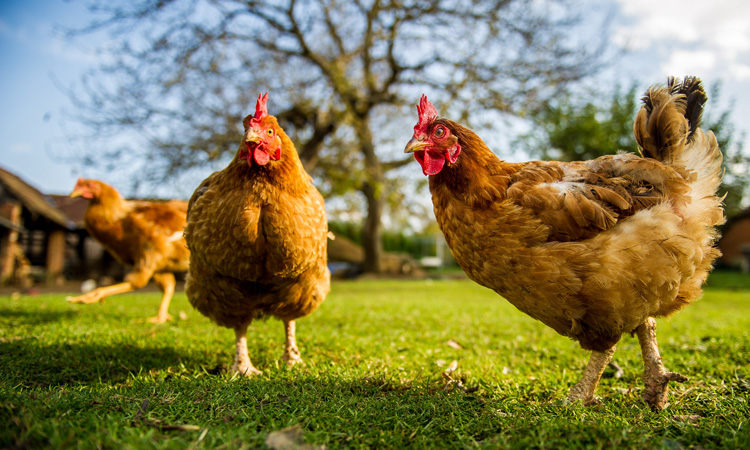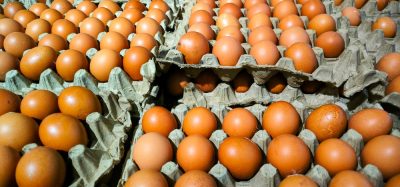Soil Association report shows concern over “US style industrial farming”
- Like
- Digg
- Del
- Tumblr
- VKontakte
- Buffer
- Love This
- Odnoklassniki
- Meneame
- Blogger
- Amazon
- Yahoo Mail
- Gmail
- AOL
- Newsvine
- HackerNews
- Evernote
- MySpace
- Mail.ru
- Viadeo
- Line
- Comments
- Yummly
- SMS
- Viber
- Telegram
- Subscribe
- Skype
- Facebook Messenger
- Kakao
- LiveJournal
- Yammer
- Edgar
- Fintel
- Mix
- Instapaper
- Copy Link
Posted: 12 February 2021 | Joshua Minchin (New Food) | No comments yet
Two in five in the UK supported a ban on industrial-style pig and chicken farms, survey finds.


According to the Soil Association, three quarters of Brits would happily pay more for their chicken if it had a better life
The Soil Association has published a report examining key events, advances and obstacles to progress in developing a more sustainable approach to land-use and diet in the UK in 2020.
The report has revealed that despite the pandemic presenting immense challenges in 2020, some progress has been made in improving the use of land and creating a healthy sustainable diet for all – including what the association has called the “Marcus Rashford effect”, which has brought food quality and equality into public discourse.
As a result of the report’s findings, the organisation conducted a citizen insight survey, which has revealed little appetite for lower food standards among the British public – with nearly 50 percent of respondents concerned that US-style industrial farming is increasing in the UK.
Two in five respondents said US-style industrial pig and chicken farms should be banned altogether in the UK, while 75 percent said they would be willing to eat less chicken – and pay a little more for it – if it meant the chicken had enjoyed a better life.
However, the association was concerned about one set of data, which revealed there was a seven percent increase in England in permitted intensive livestock facilities between 2017 and 2020 – with Scotland seeing a rise of 10 percent and Wales a rise of 21 percent.
“Our progress report shows headway is being made, and it is clear that there is gathering momentum for change in the way we farm. But more work is needed,” said Rob Percival, Policy Lead at the Soil Association.
“Despite the pandemic, our public survey shows that more needs to be done to spell out the direct link between environmental health, human health and the food and farming system.
“That disconnect is very concerning. Given the current climate crisis, we urgently need to nurture more understanding about the impact of our diets on things like how our land is used, animal welfare, and how we sustain access to nutritious food for everyone.”
Percival thinks that an industry-wide shift is required to ensure the sustainability of the agricultural sector in the UK, from farm to fork.
“We are facing a critical moment for our food and farming practices,” he said.
“We need a shift to agroecology – farming that works with nature through crop diversity, looking after the health of soil, wasting less, integrating trees into the farmed landscape and ensuring animals have plenty of space as well as a good diet.
“Our government’s approach to food and farming standards post-Brexit will determine whether we can rebuild the food chain in more sustainable ways from the food on our supermarket shelves to the crops growing in our fields.”
Related topics
Environment, Regulation & Legislation, Supply chain, Sustainability, The consumer








